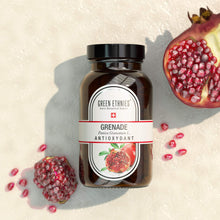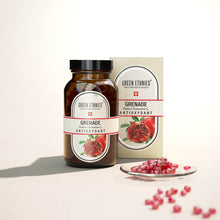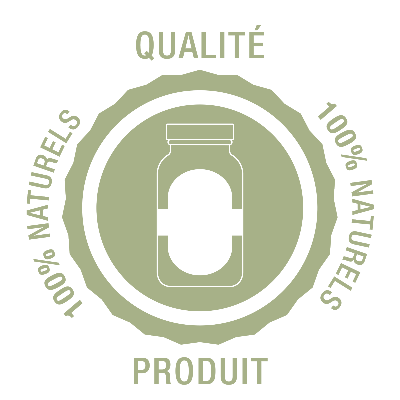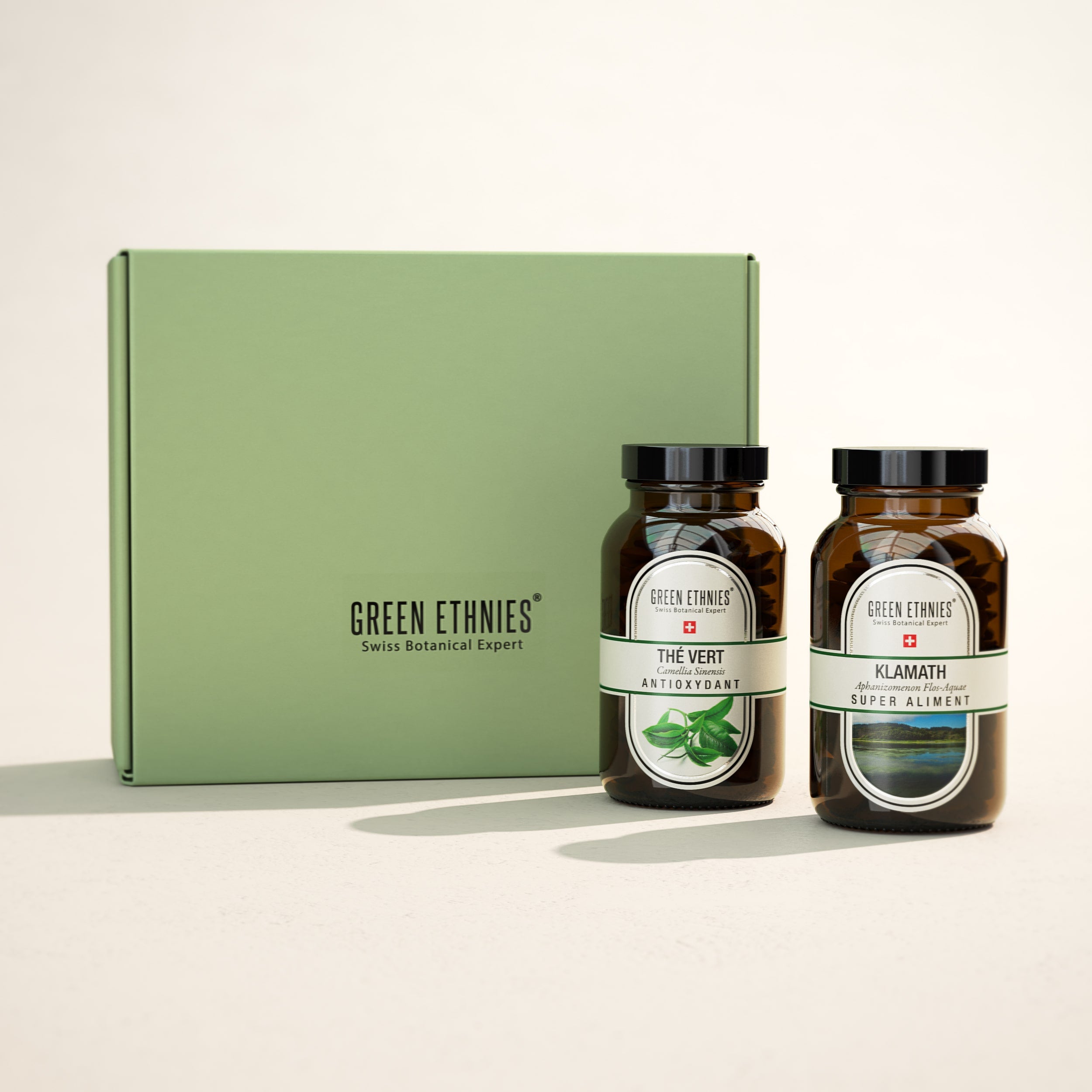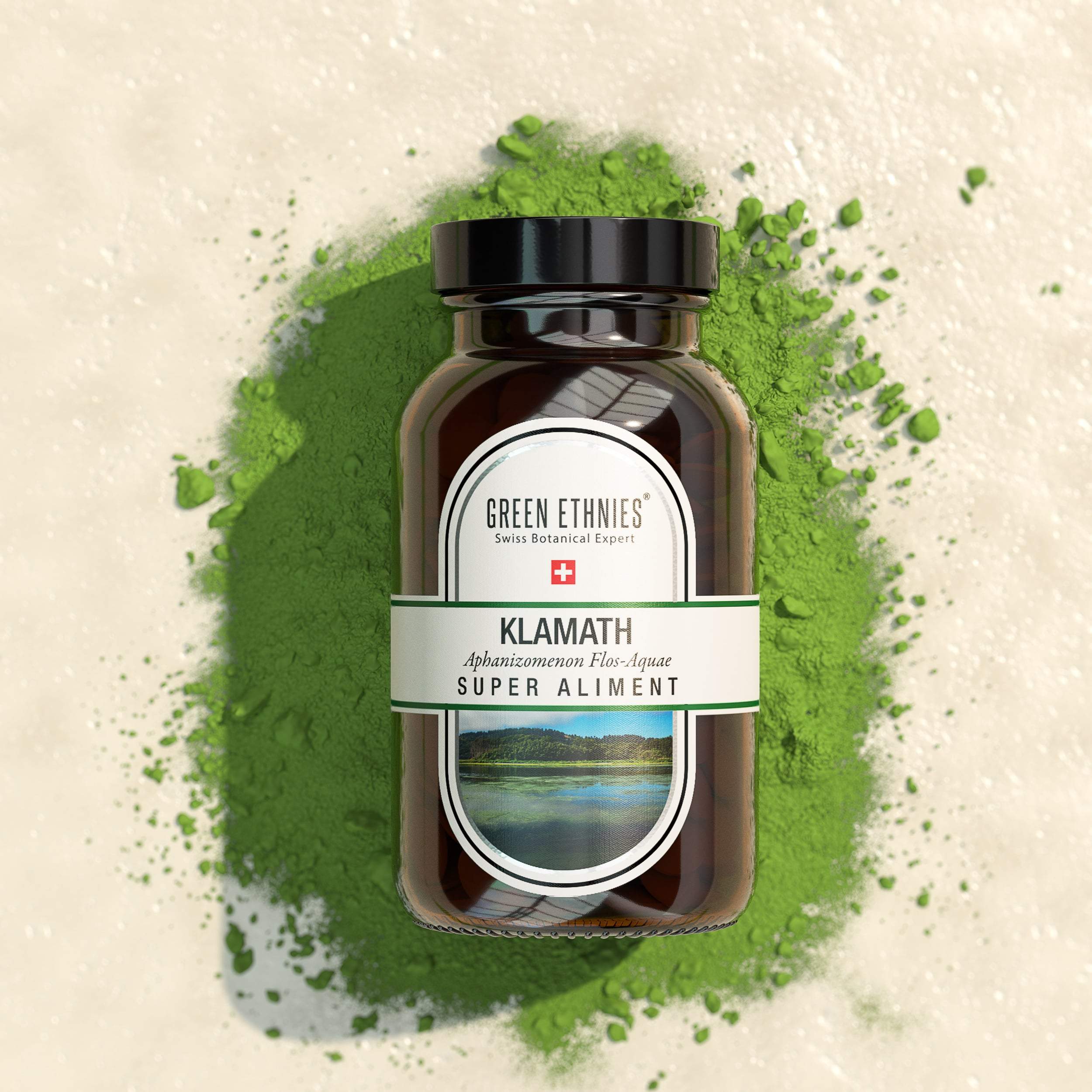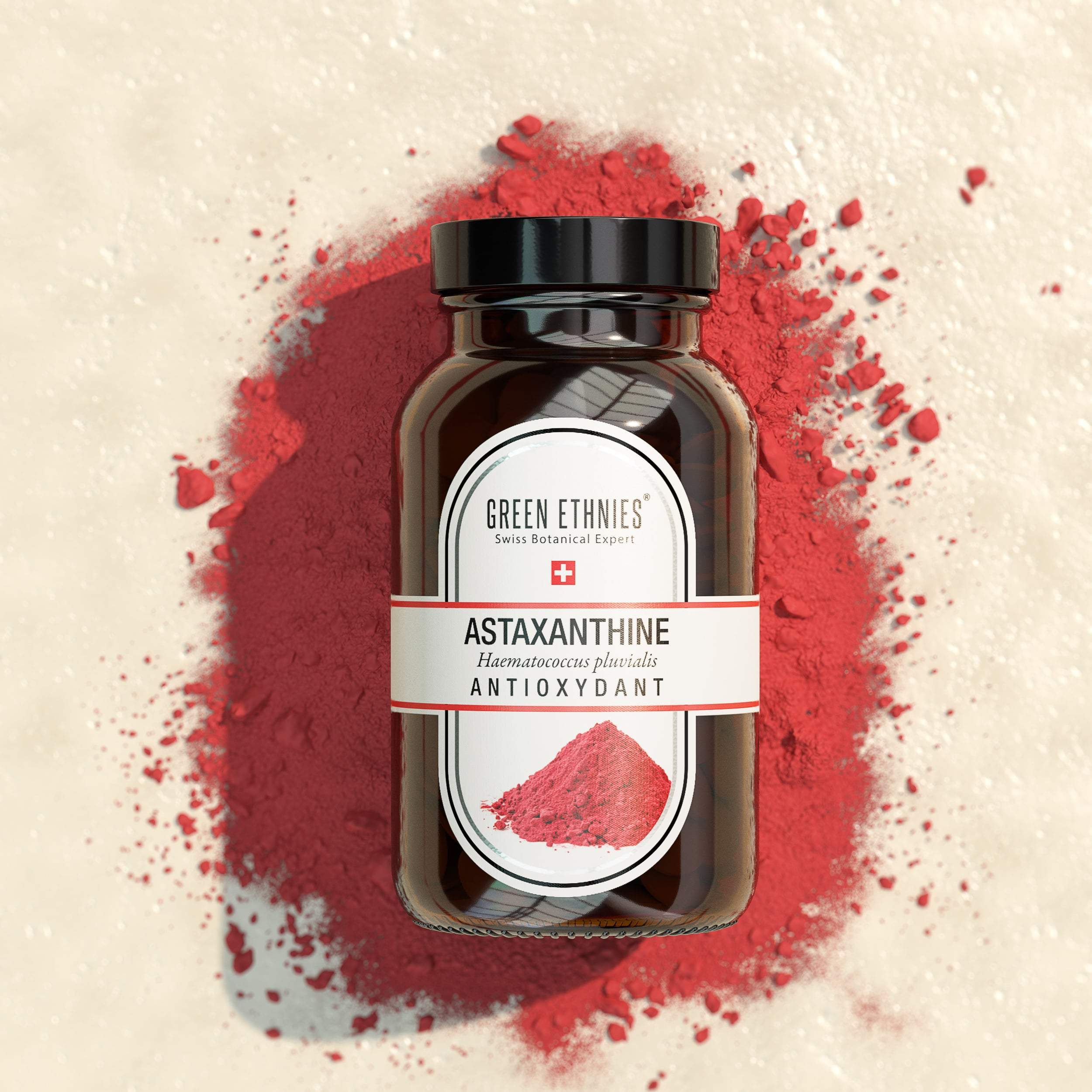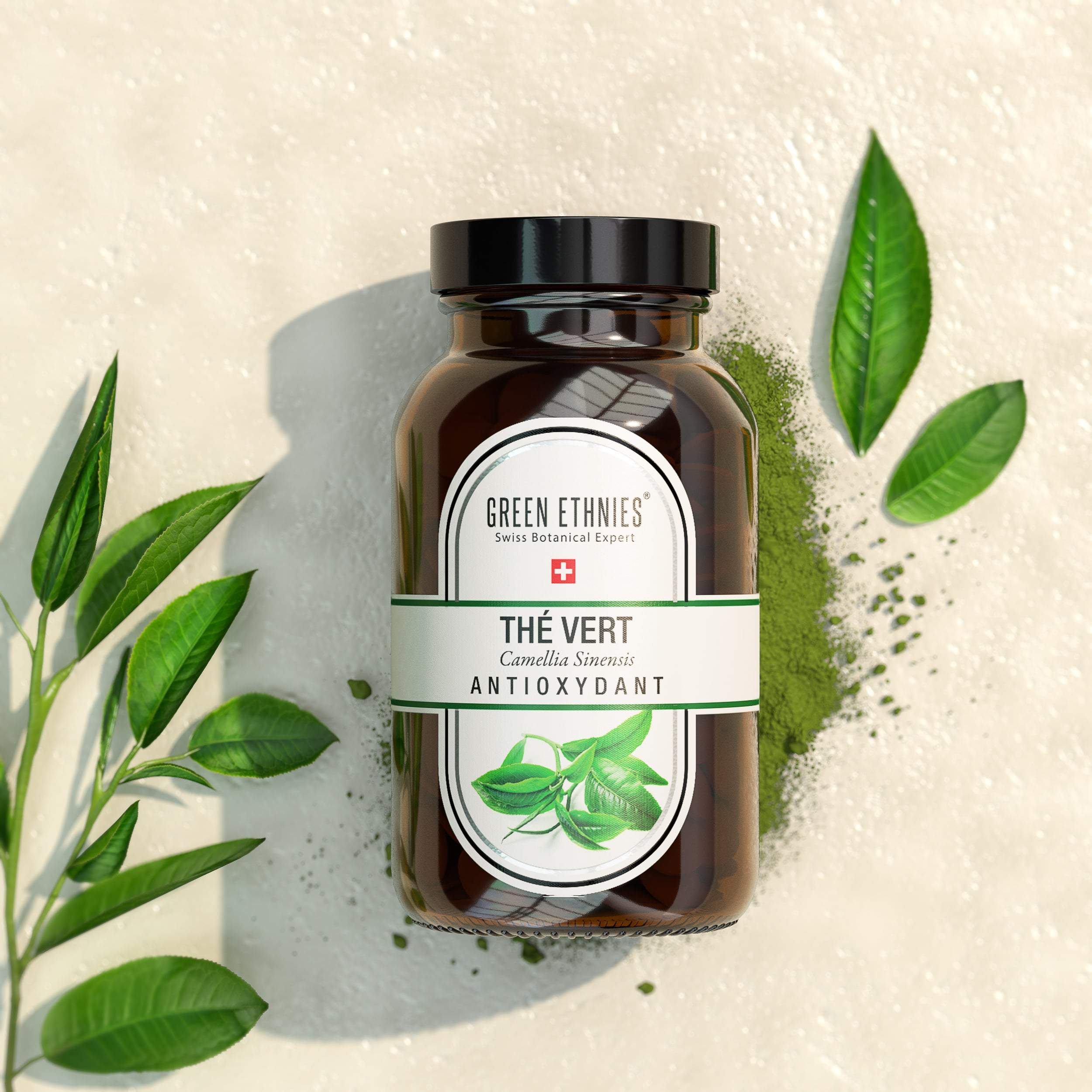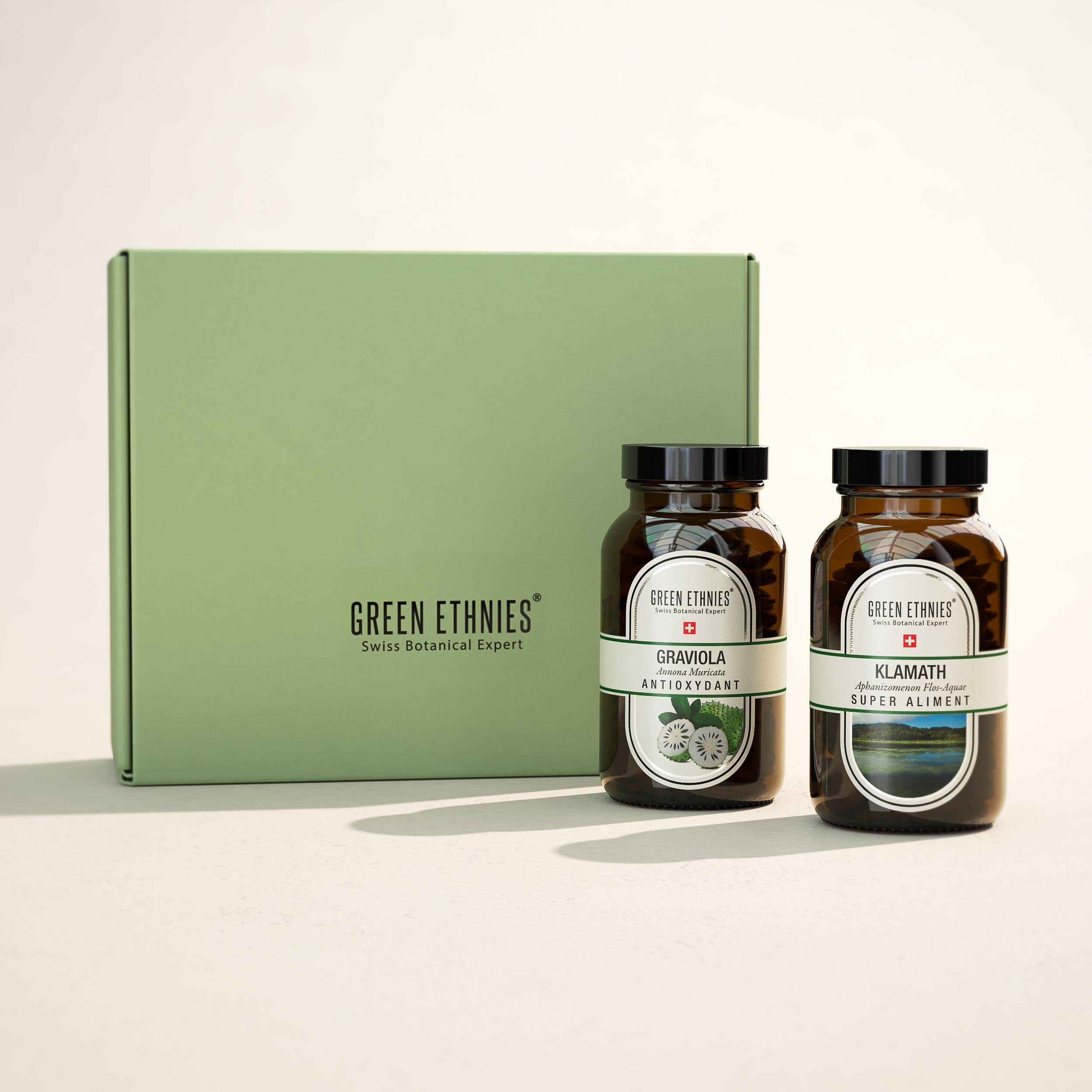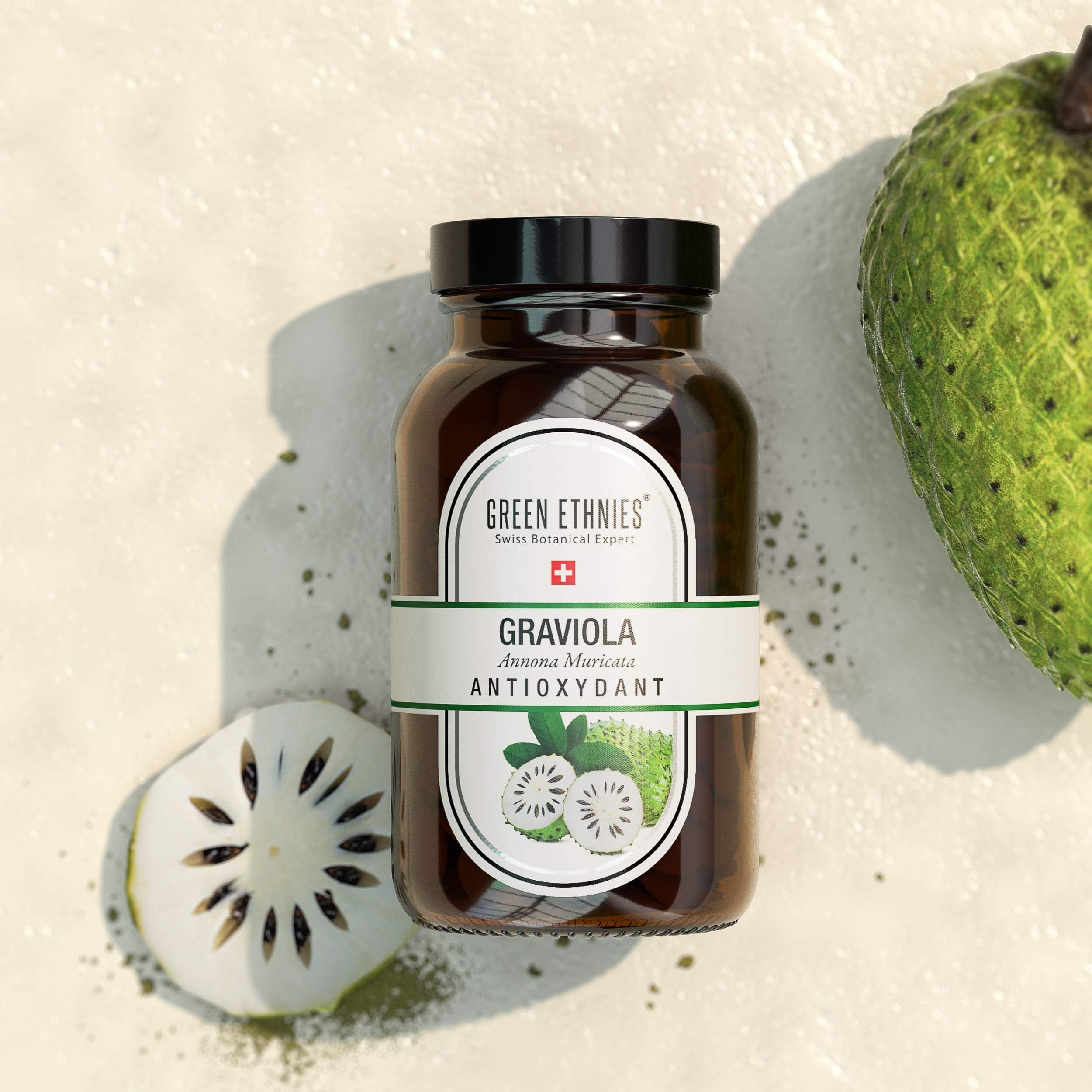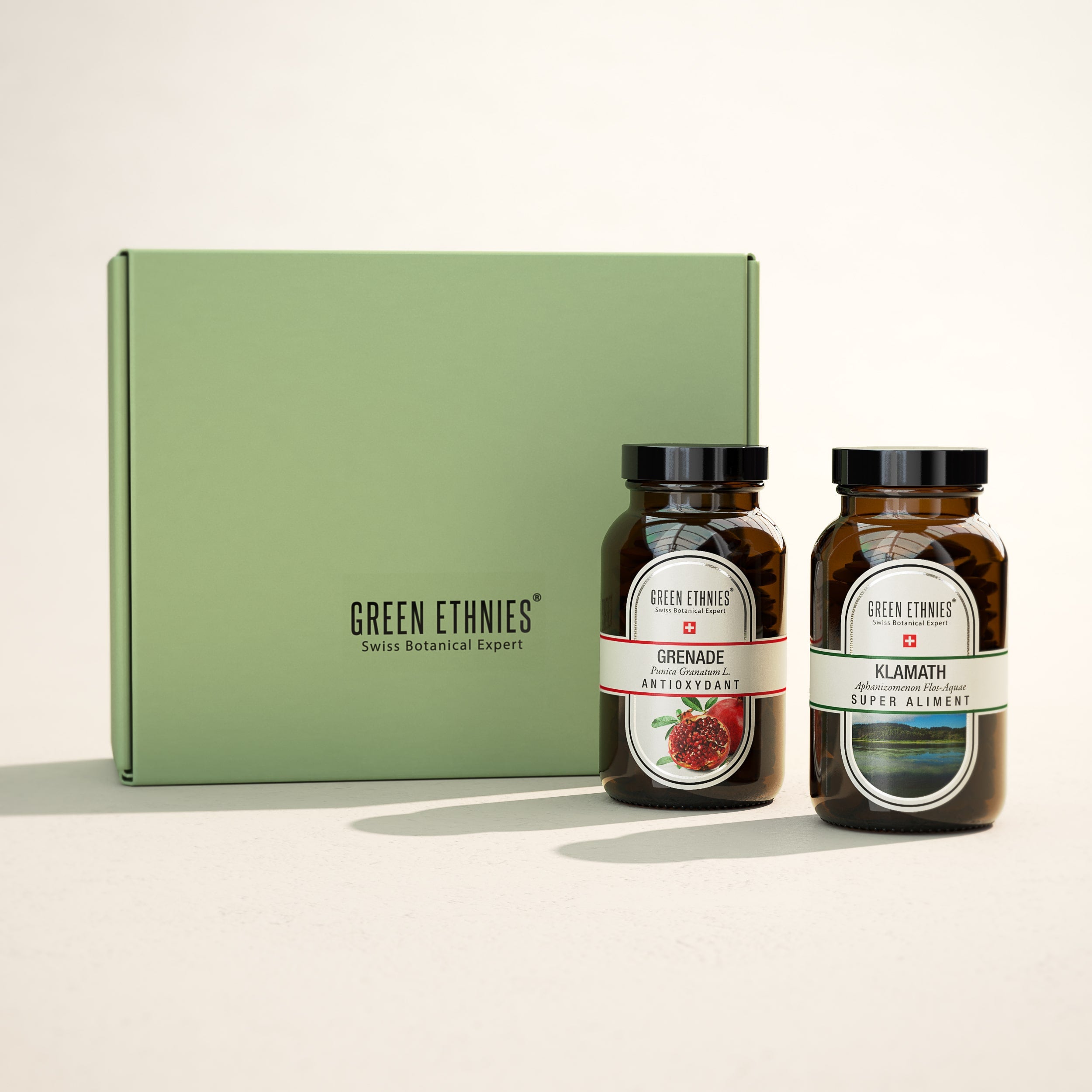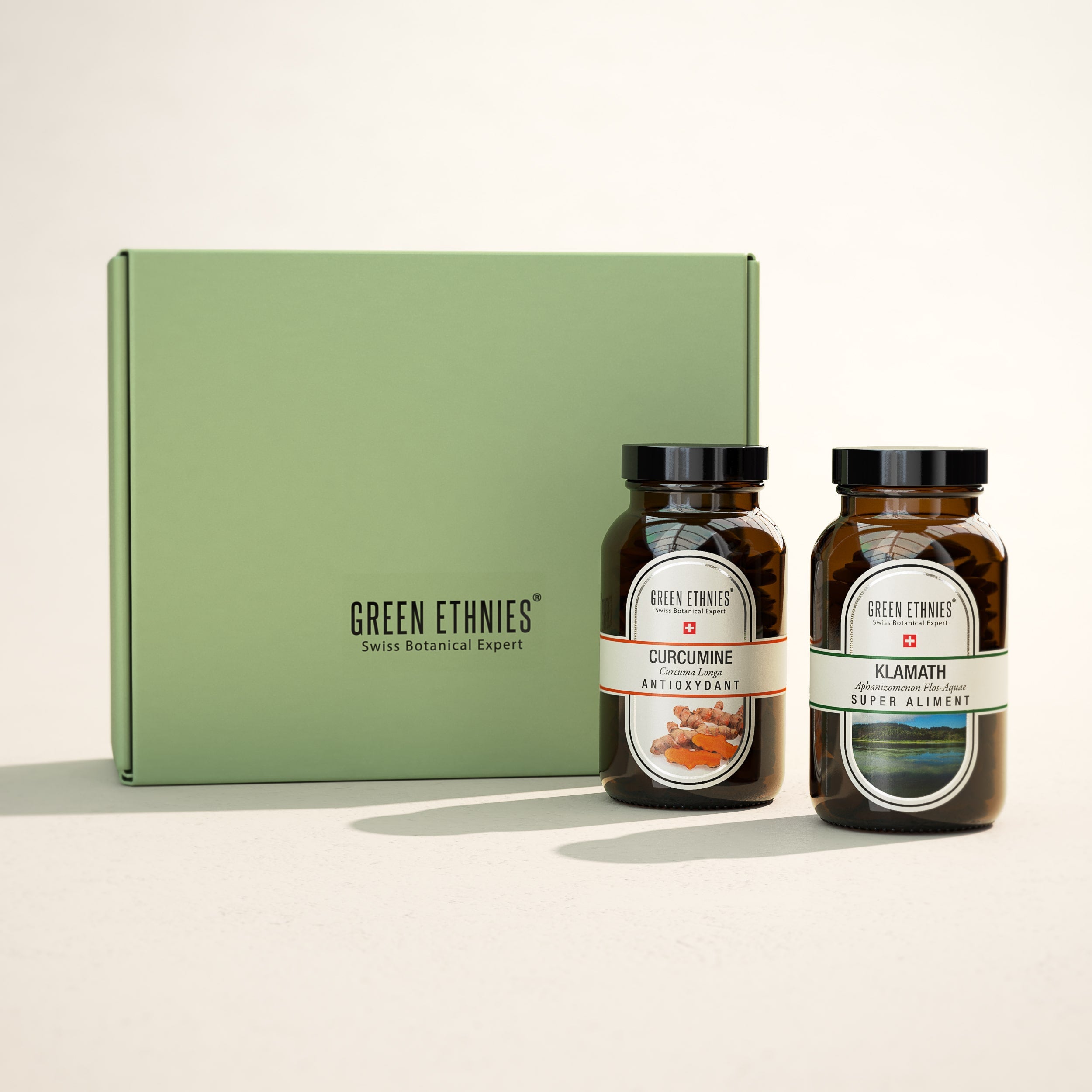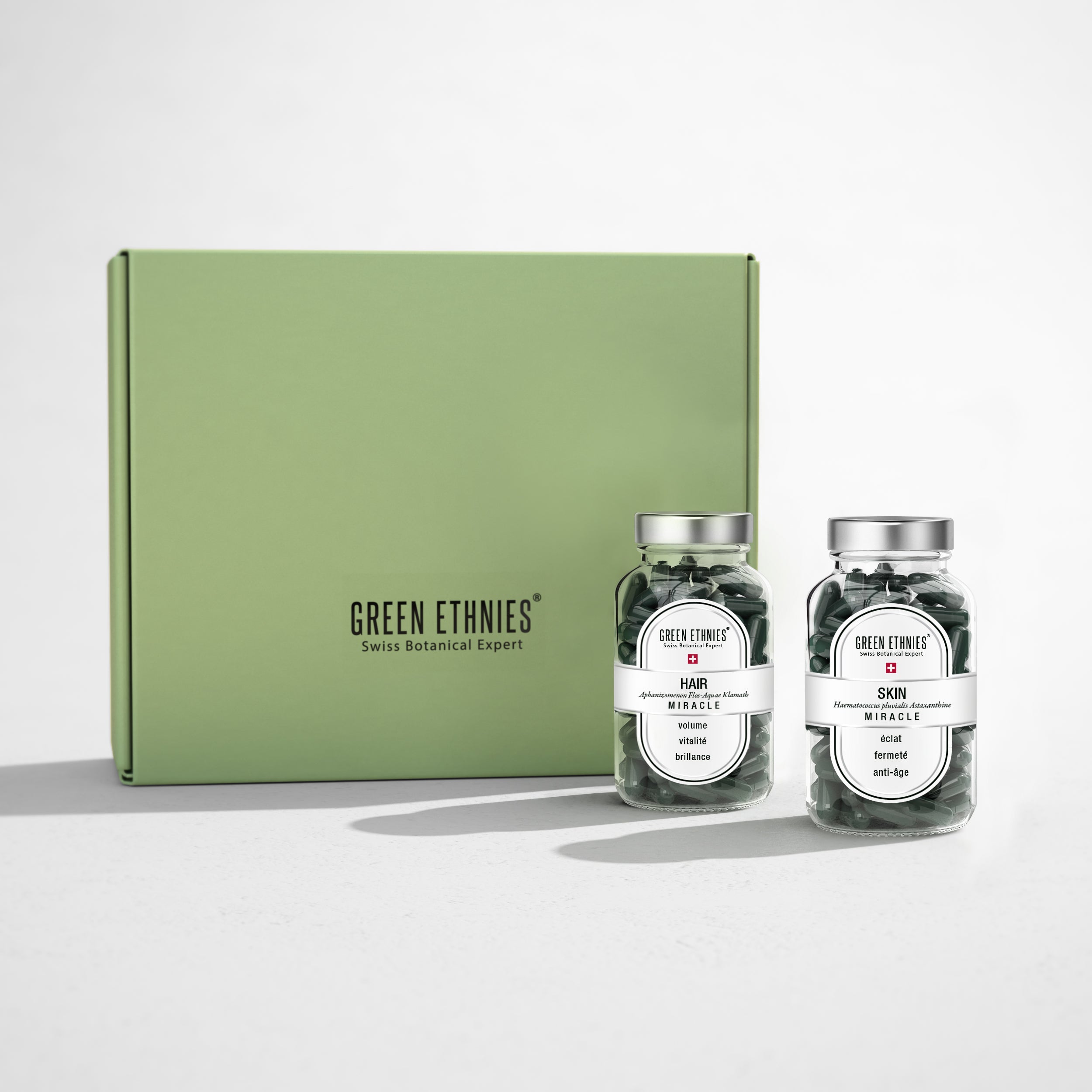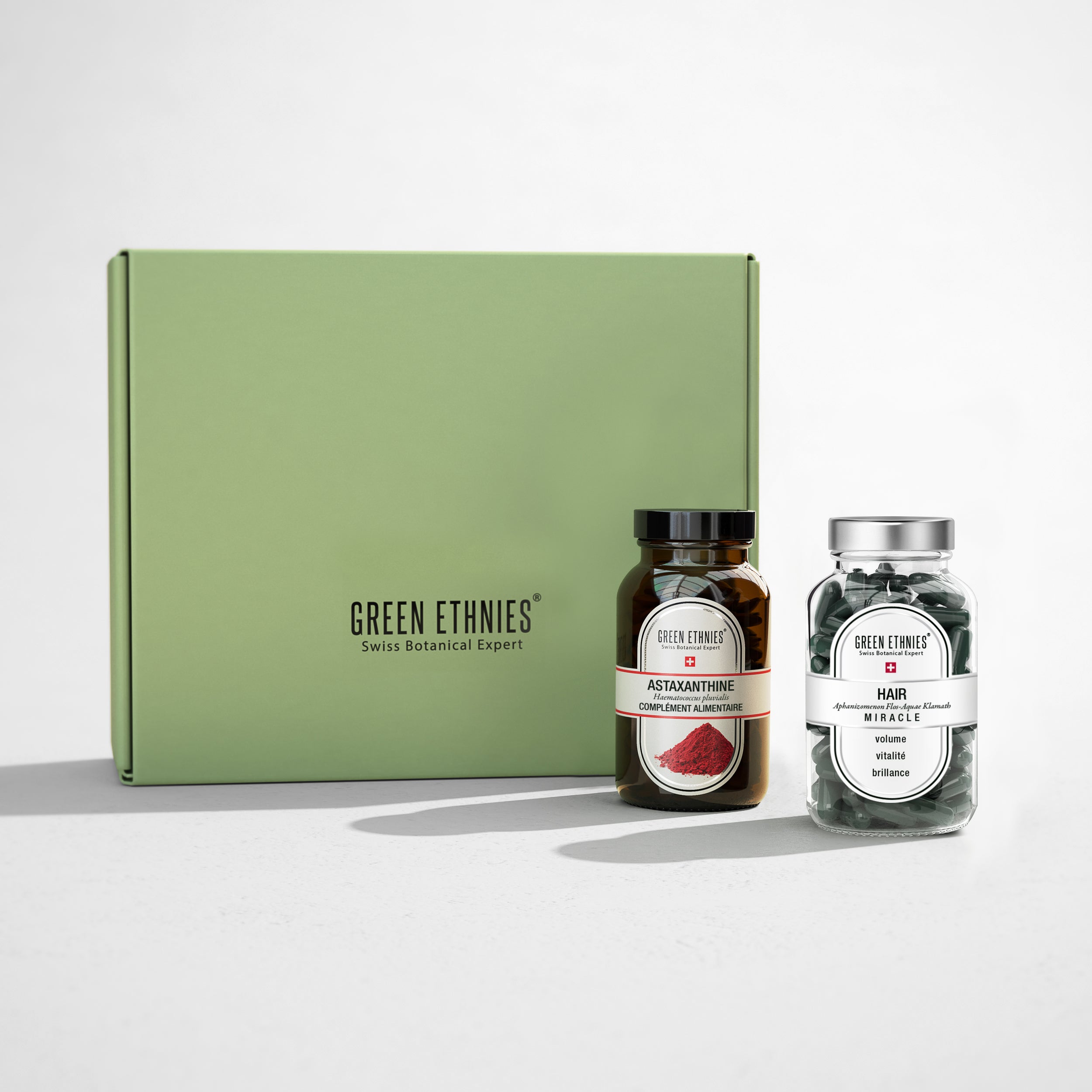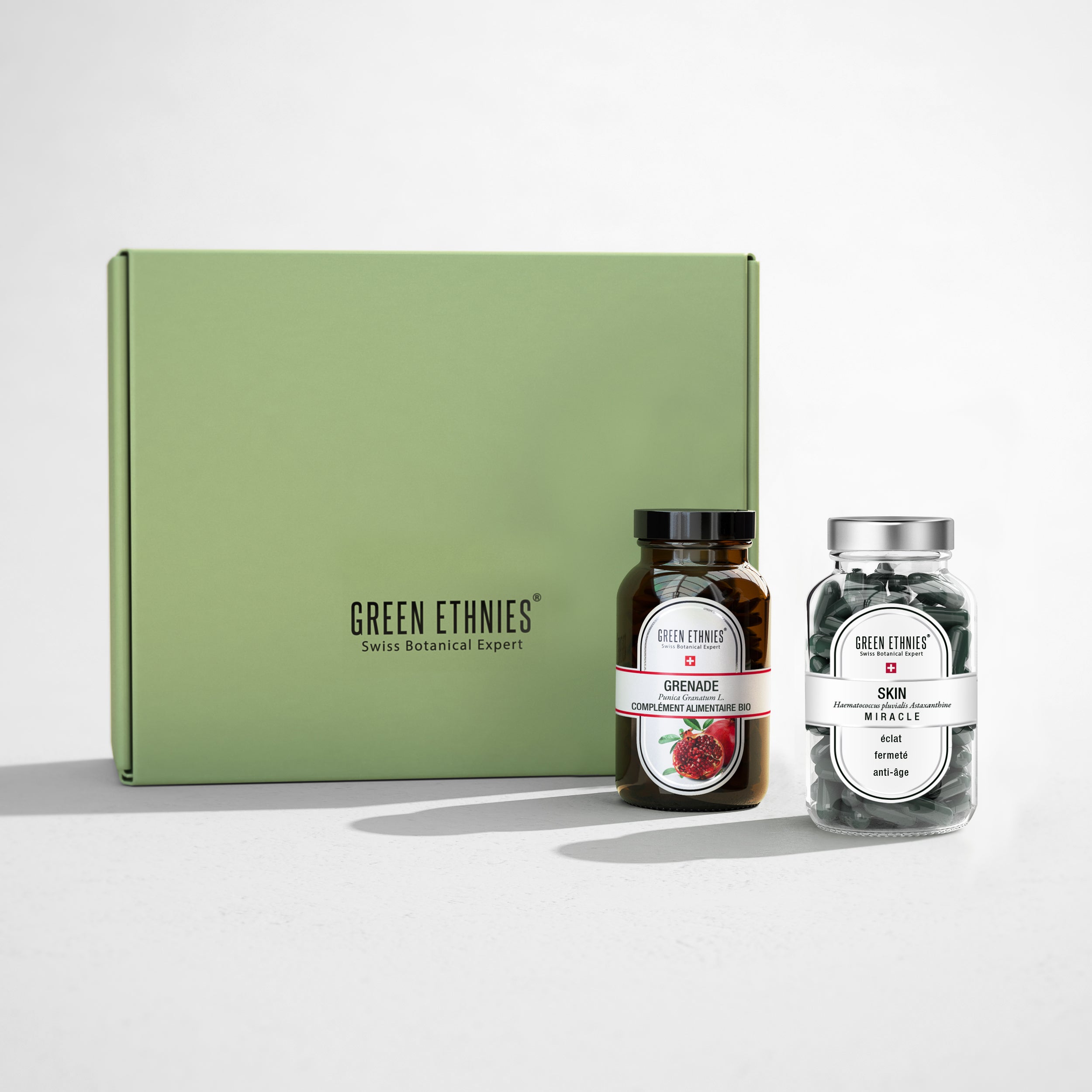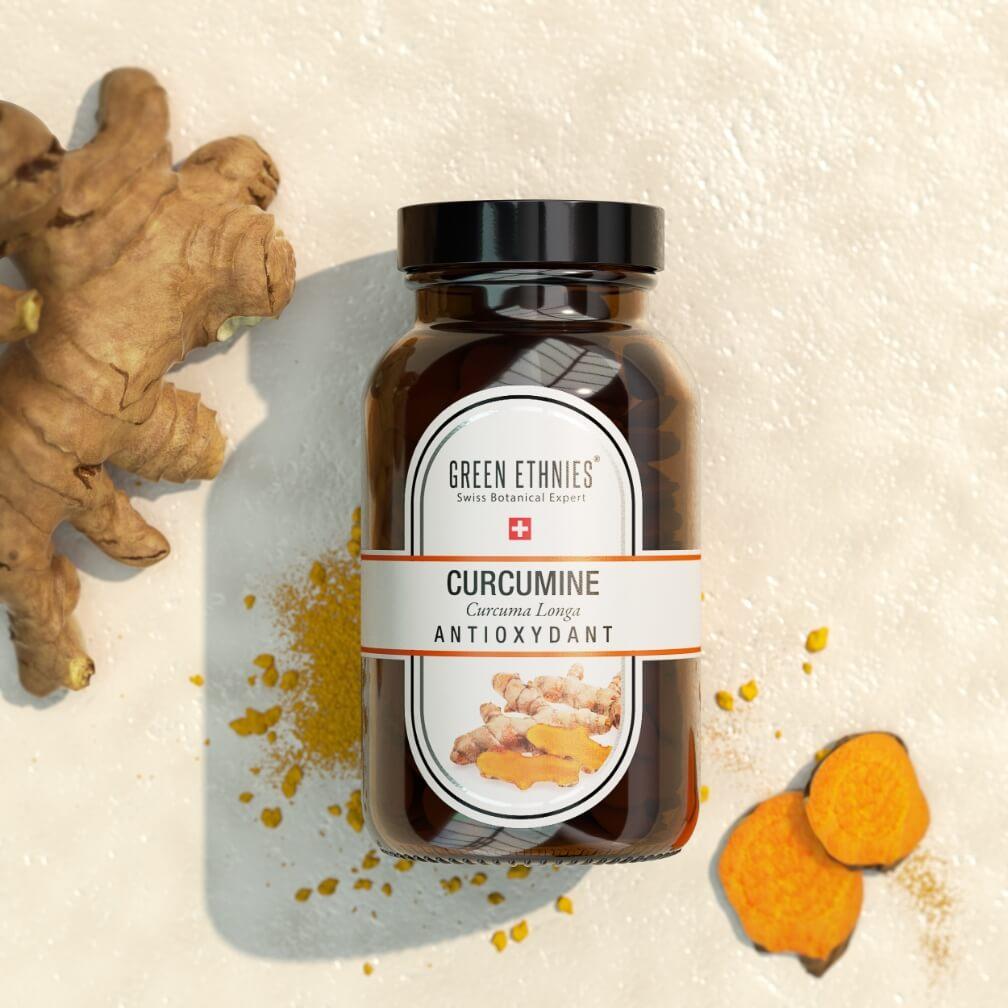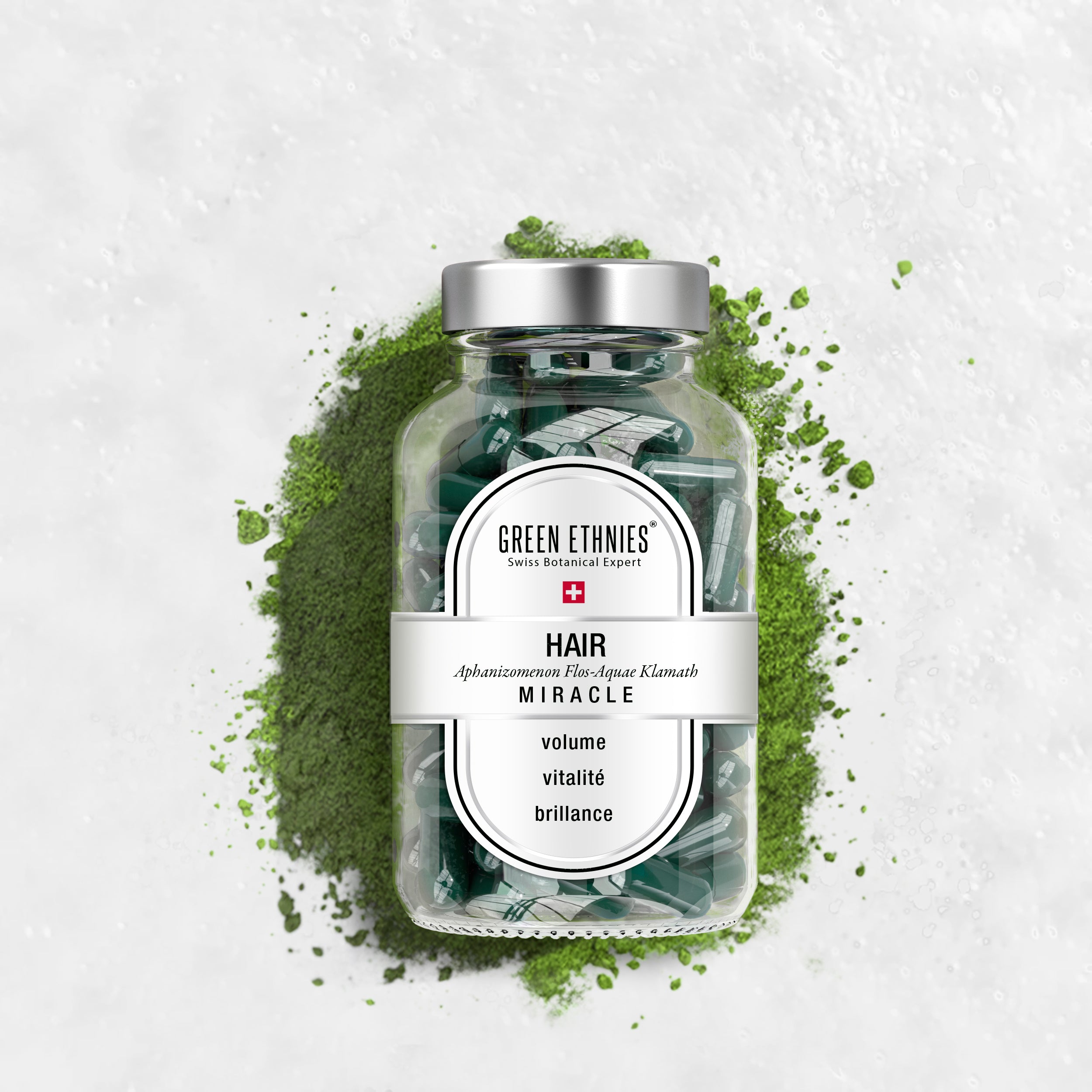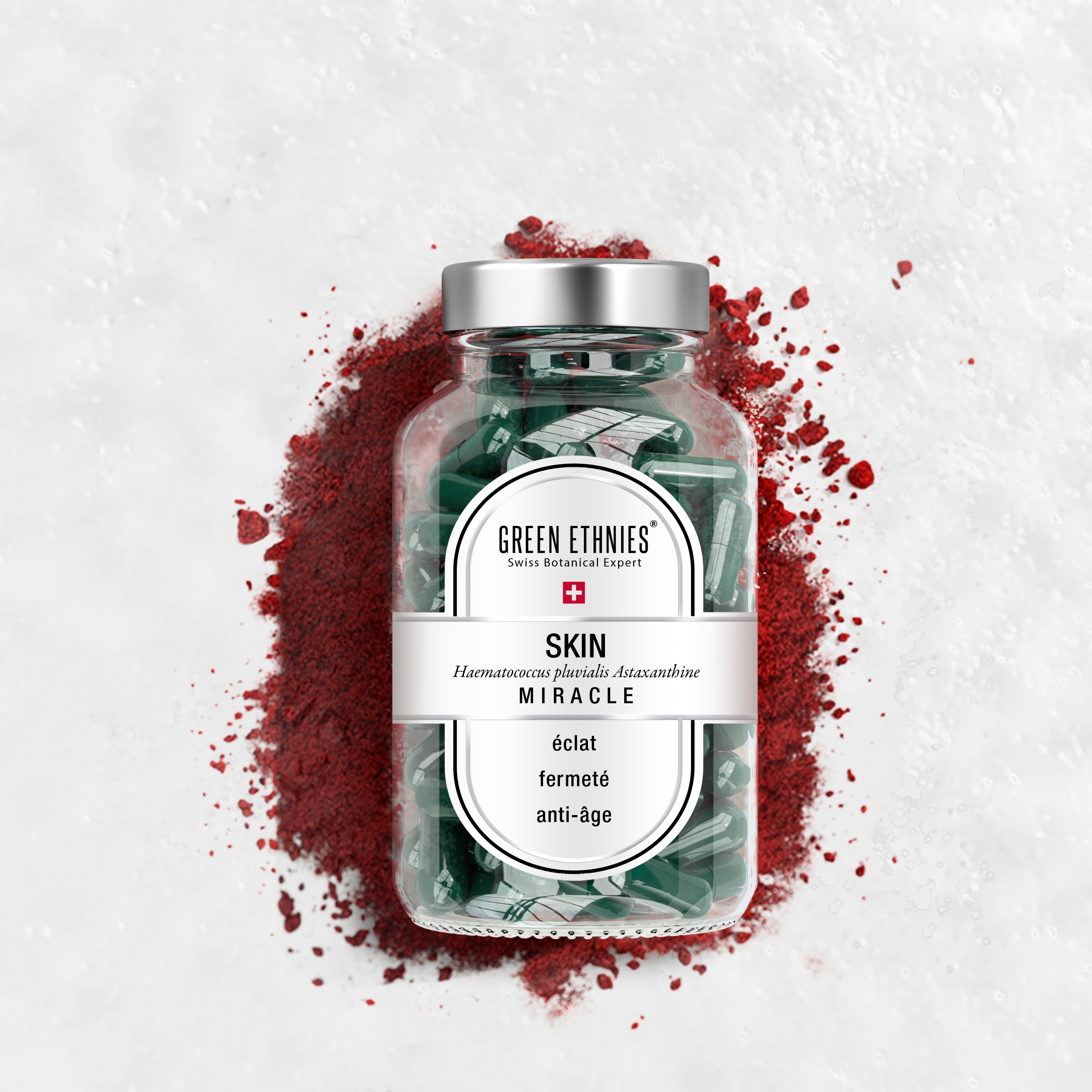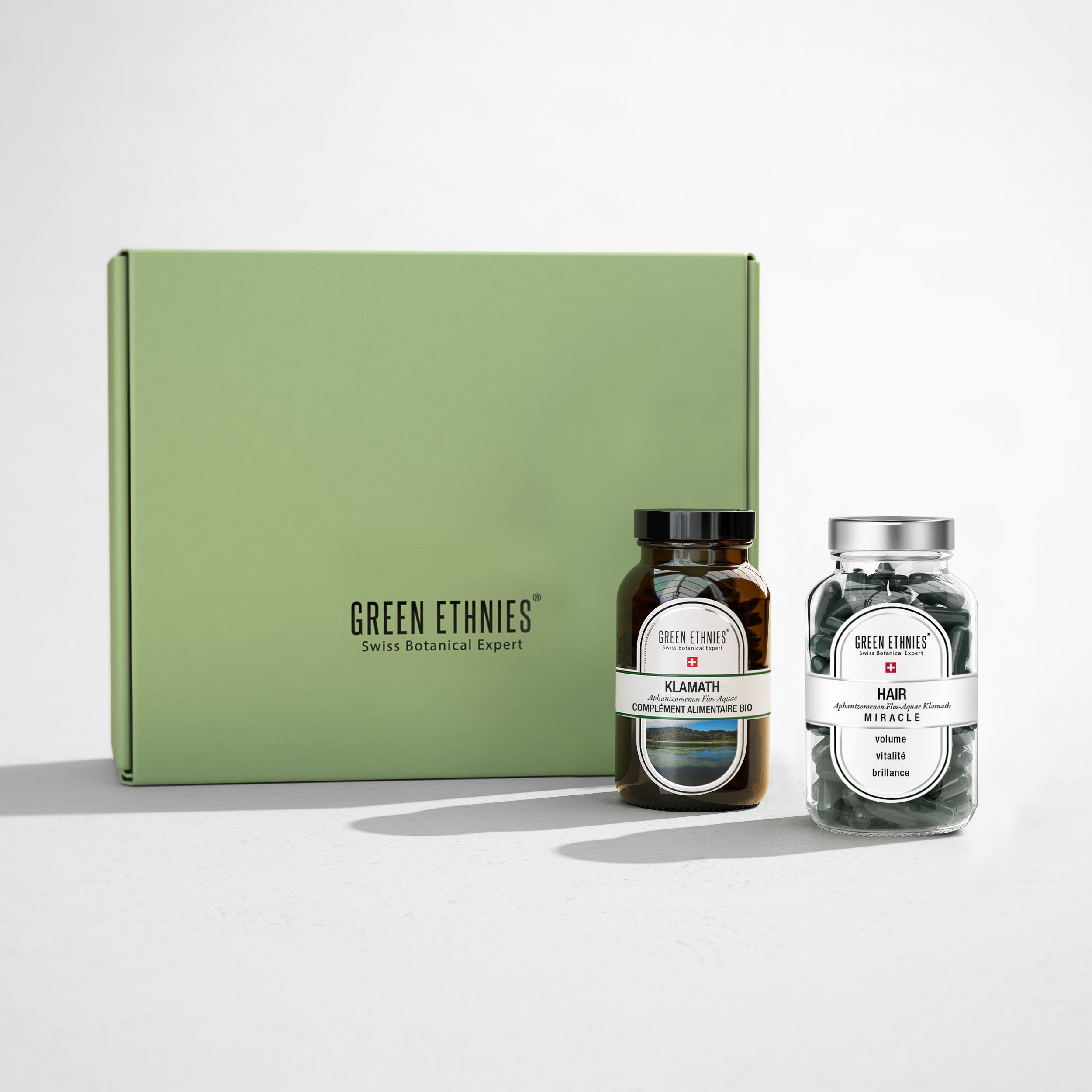La particularité de la Grenade est sa grande richesse en Polyphénols, comme l’anthocyane qui lui donne sa couleur rouge rubis.
- Anti-âge
- Régénérateur sanguin
- Protection cardiovasculaire
- Immunité
2 gélules par jour (cure de base) | 4 gélules par jour (cure intensive)
LIVRAISON GRATUITE
PAIEMENT SÉCURISÉ
SERVICE CLIENT À VOTRE ÉCOUTE
Complément alimentaire Grenade issue de culture biologique de haute qualité.
Haute concentration d’actifs : 150 mg de Polyphénols par gélule.
Haute biodisponibilité.
Gélules végétales.
Sans excipient, sans gluten, sans caséine, sans levure, sans maïs, sans soja, sans OGM.

Pilulier 60 gélules
Extrait de Grenade BIO 600 mg
dont 150 mg de polyphénols
Acérola BIO 35 mg
dont 6 mg de Vitamine C
Graines de cacao BIO 35 mg
Gélule en écorce de pin (HPMC)
Ingrédients issus de l’agriculture biologique
Riche en puissants antioxydants, la Grenade revitalise et renforce tout l’organisme.
Un fruit aux vertus insoupçonnées
- La Grenade naquit en Perse il y a plus de 5000 ans. Elle s’est ensuite répandue de l’Asie à l’Europe du Sud, jusqu’en Amérique et en Afrique tropical.
- La Grenade tient son nom du Latin granatus qui signifie « abondant en grains ».
- Elle est le symbole de l’amour, de la fécondité et de la jeunesse éternelle.
- La Grenade possède une teneur en antioxydants bien plus élevée que d’autres fruits réputés très antioxydants, comme les agrumes ou les myrtilles.
- A quantité égale, la Grenade contiendrait 37 fois plus d’antioxydants que le citron.
Axes Santé
Aujourd’hui, les scientifiques s’intéressent de plus près aux vertus de la Grenade. Sa particularité est sa grande richesse en polyphénols (antioxydants). De nombreuses études prouvent que sa consommation contribue à fortifier et à préserver des maladies inflammatoires et dégénératives. Elle soutiendrait l’organisme dans sa lutte contre les radicaux libres, ces molécules toxiques à l’origine du stress oxydatif faisant vieillir notre corps prématurément.
« Pomegranate extract (PE), in a range from 5 to 60 mg/L, was effective at protecting human skin fibroblasts from cell death following UV exposure, likely related to a reduced activation of the pro-inflammatory transcription factor NF-κB, a downregulation of proapoptotic caspase-3, and an increased G0/G1 phase, associated with DNA repair.»
Pacheco-Palencia L A et al., ''Protective effects of standardized pomegranate (Punica granatum L.) polyphenolic extract in ultraviolet-irradiated human skin fibroblasts.'' Journal of agricultural and food chemistry. 2018; 56(18): 8434-8441.
« The results of the present study thus suggest that PJ consumption by patients with carotid artery stenosis (CAS) decreases carotid IMT and systolic blood pressure and these effects could be related to the potent antioxidant characteristics of PJ polyphenols. »
Aviram M et al., ''Pomegranate juice consumption for 3 years by patients with carotid artery stenosis reduces common carotid intima-media thickness, blood pressure and LDL oxidation.'' Clin Nutr. 2004; 23(3):423-33
« Pomegranate juice and its by-products substantially reduced macrophage cholesterol and oxidized lipids accumulation, and foam cell formation (the hallmark of early atherogenesis), leading to attenuation of atherosclerosis development, and its consequent cardiovascular events. »
Aviram M and Rosenblat M, ''Pomegranate protection against cardiovascular diseases''. Evid Based Complement Alternat Med. 2012; 2012.
« In addition, pomegranate peel polyphenols promoted apoA-1-mediated macrophage cholesterol efflux by up-regulating ABCA1 and LXRα at the mRNA and protein levels, independently of ABCG1 and PPARγ. »
Zhao S et al., ''Pomegranate peel polyphenols inhibit lipid accumulation and enhance cholesterol efflux in raw264. 7 macrophages.'' Food & function. 2016 7(7): 3201-3210.
« The significant reduction in the incidence of infections in our study is fascinating, suggesting that the attenuation in systemic inflammation due to pomegranate juice intake, as expressed by lowering the levels of interleukins, cytokines, andoxidative stress, infact strengthened the innate immunity, thereby preventing infections. »
Shema-Didi L et al., ''One year of pomegranate juice intake decreases oxidative stress, inflammation, and incidence of infections in hemodialysis patients: a randomized placebo-controlled trial.'' Free Radical Biology and Medicine. 2012; 53(2): 297-304.
« Matrix metalloproteinases (MMP) are enzymes important in the maintenance of normal cellular architecture, assisting with creation of interstitial spaces by destroying structural proteins, thereby facilitating multiple inflammatory processes. »
Hadipour‐Jahromy M and Mozaffari‐Kermani R, ''Chondroprotective effects of pomegranate juice on monoiodoacetate‐induced osteoarthritis of the knee joint of mice.'' Phytotherapy Research: An International Journal Devoted to Pharmacological and Toxicological Evaluation of Natural Product Derivatives. 2010; 24(2): 182-185.
« Different preparations of pomegranate, including extracts from peels, flowers, seeds, and juice, show a significant anti-inflammatory activity in the gut. »
Colombo E, Sangiovanni E, and Dell'Agli M, ''A review on the anti-inflammatory activity of pomegranate in the gastrointestinal tract.'' Evidence-Based Complementary and Alternative Medicine. 2013; 2013.
« In conclusion, our study suggested that pomegranate fruits or its extracts can use as antitumor and antimicrobial agents. »
Shalaby M T, Dawood D H, Hefni M and Basma M M, ''Phytochemical Constituents, Antimicrobial and Antitumor Effects of Pomegranate Fruit (Punica granatum L)'' Journal of Food and Dairy Sci. 2019; 10(10): 373 - 380.
Aujourd’hui, les scientifiques s’intéressent de plus près aux vertus de la Grenade. Sa particularité est sa grande richesse en polyphénols (antioxydants). De nombreuses études prouvent que sa consommation contribue à fortifier et à préserver des maladies inflammatoires et dégénératives. Elle soutiendrait l’organisme dans sa lutte contre les radicaux libres, ces molécules toxiques à l’origine du stress oxydatif faisant vieillir notre corps prématurément.
« Pomegranate extract (PE), in a range from 5 to 60 mg/L, was effective at protecting human skin fibroblasts from cell death following UV exposure, likely related to a reduced activation of the pro-inflammatory transcription factor NF-κB, a downregulation of proapoptotic caspase-3, and an increased G0/G1 phase, associated with DNA repair.»
Pacheco-Palencia L A et al., ''Protective effects of standardized pomegranate (Punica granatum L.) polyphenolic extract in ultraviolet-irradiated human skin fibroblasts.'' Journal of agricultural and food chemistry. 2018; 56(18): 8434-8441.
« The results of the present study thus suggest that PJ consumption by patients with carotid artery stenosis (CAS) decreases carotid IMT and systolic blood pressure and these effects could be related to the potent antioxidant characteristics of PJ polyphenols. »
Aviram M et al., ''Pomegranate juice consumption for 3 years by patients with carotid artery stenosis reduces common carotid intima-media thickness, blood pressure and LDL oxidation.'' Clin Nutr. 2004; 23(3):423-33
« Pomegranate juice and its by-products substantially reduced macrophage cholesterol and oxidized lipids accumulation, and foam cell formation (the hallmark of early atherogenesis), leading to attenuation of atherosclerosis development, and its consequent cardiovascular events. »
Aviram M and Rosenblat M, ''Pomegranate protection against cardiovascular diseases''. Evid Based Complement Alternat Med. 2012; 2012.
« In addition, pomegranate peel polyphenols promoted apoA-1-mediated macrophage cholesterol efflux by up-regulating ABCA1 and LXRα at the mRNA and protein levels, independently of ABCG1 and PPARγ. »
Zhao S et al., ''Pomegranate peel polyphenols inhibit lipid accumulation and enhance cholesterol efflux in raw264. 7 macrophages.'' Food & function. 2016 7(7): 3201-3210.
« The significant reduction in the incidence of infections in our study is fascinating, suggesting that the attenuation in systemic inflammation due to pomegranate juice intake, as expressed by lowering the levels of interleukins, cytokines, andoxidative stress, infact strengthened the innate immunity, thereby preventing infections. »
Shema-Didi L et al., ''One year of pomegranate juice intake decreases oxidative stress, inflammation, and incidence of infections in hemodialysis patients: a randomized placebo-controlled trial.'' Free Radical Biology and Medicine. 2012; 53(2): 297-304.
« Matrix metalloproteinases (MMP) are enzymes important in the maintenance of normal cellular architecture, assisting with creation of interstitial spaces by destroying structural proteins, thereby facilitating multiple inflammatory processes. »
Hadipour‐Jahromy M and Mozaffari‐Kermani R, ''Chondroprotective effects of pomegranate juice on monoiodoacetate‐induced osteoarthritis of the knee joint of mice.'' Phytotherapy Research: An International Journal Devoted to Pharmacological and Toxicological Evaluation of Natural Product Derivatives. 2010; 24(2): 182-185.
« Different preparations of pomegranate, including extracts from peels, flowers, seeds, and juice, show a significant anti-inflammatory activity in the gut. »
Colombo E, Sangiovanni E, and Dell'Agli M, ''A review on the anti-inflammatory activity of pomegranate in the gastrointestinal tract.'' Evidence-Based Complementary and Alternative Medicine. 2013; 2013.
« In conclusion, our study suggested that pomegranate fruits or its extracts can use as antitumor and antimicrobial agents. »
Shalaby M T, Dawood D H, Hefni M and Basma M M, ''Phytochemical Constituents, Antimicrobial and Antitumor Effects of Pomegranate Fruit (Punica granatum L)'' Journal of Food and Dairy Sci. 2019; 10(10): 373 - 380.
Quels sont les compléments alimentaires dont j’ai besoin ?
« Que ta nourriture soit ton médicament et que ton médicament soit dans ta nourriture »
Hippocrate, Grèce Antique



